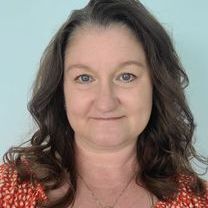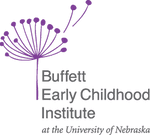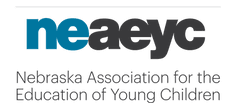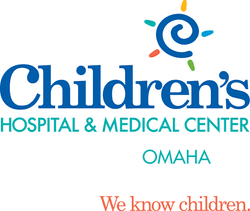
Marti Spitz knows what it means to need quality childcare. She was working as a nurse 22 years ago when she had her youngest child and could not find any childcare for him. Instead, she decided to be a stay-at-home mom, but quickly found that she “had too much time on her hands” and needed more challenge. A friend, who was also a nurse, had a 3-year-old son that experienced grand mal seizures and felt it was important for her child to be around other children. She contacted Marti, who said “bring him to me.” After only two weeks another parent contacted her and then another. She decided to license her home as a childcare facility and within 2 months had a waiting list. Demand was high so she and her husband discussed expansion and purchased a building where they opened Beginnings Early Development Center. A year later the center had a waiting list.
This is so often the case in areas where childcare is lacking, particularly when quality care is 

Beginnings had partnered with Head Start’s Infant and Toddler initiative and their coach knew of the Center’s focus on providing quality care and education for their children. She encouraged Marti to participate in SUTQ. SUTQ is a five-step system that provides coaching, training, and professional development to in-home and center-based early childhood professionals who are focused on providing quality care and education. The program also offers other incentives depending on the step achieved, including the potential for an increase in subsidy reimbursements and bonuses that can be used for materials or development.
Marti said that she was pleased to see, when she began the training, the comprehensive focus of the SUTQ approach. “So many people,” she said, “see childcare as just playing with children.” But SUTQ focused on administration, child outcome, professional development, family engagement, learning environment, and more. She could see that this was an initiative that took the early childhood profession seriously and that aimed at developing well-rounded quality facilities.
Initially, getting her staff of 26 onboard was challenging. Part of the process involves classroom observations and staff were hesitant for fear of being judged. But Marti flipped the script on them by emphasizing that observers were there to note what staff we’re doing right and could build off of. After the first observation, she said that “everyone (SUTQ observers) was very encouraging; there was nothing negative.” All her staff were actually excited to see their ratings.
Beginnings Early Development Center first went through the process in 2019 and reached the Step 4 rating. But they tried again in 2022 and in September became the only facility in their area to have a Step 5 (the highest) rating. Marti says that the clearly defined guidelines and scales as well as training and coaching have made it easier to define quality and teach new educators what it is. She adds that this is not a one-off experience. “We hold ourselves to SUTQ standards daily!” She says that one of the biggest benefits has been the validation of the quality work the Center is doing and the recognition they’ve received. Directors have reached out to her for information, other childcare centers have brought their staff on tours, and local media have recognized the Center for its achievements. Beginnings waiting list has always hovered around 100 students, but since their SUTQ rating that list has jumped to over 150 students.
Marti points out that such capacity demand calls for more centers in the area to embrace a quality focus and join the SUTQ program. She knows that two other centers have reached a Step 1 and a Step 2 rating, but she’d like to see them move on to Steps 3-5 where the most benefit is gained. “Just do it!” she says, “Just get started. It may seem overwhelming at first, but just focus on Step 1 and take it step by step.”
The good news for interested providers is that SUTQ has just released their 2.0 version, which further streamlines the process. Revisions include coaching being offered at Step 1 (previously only Step 2 or higher), a new Step 3 rating with no on-sight observation, and a more simplified scoring system for observations at step 4 and 5.
Marti says to her fellow early childhood professionals, “You’re probably giving quality care anyway; you should be recognized for that.” Quality makes a difference and Marti points out that programs like SUTQ look at the benefits and focus on quality for a center. But the real difference is the impact on children. “Quality childcare provides the foundations for the rest of a child’s life,” she says.












